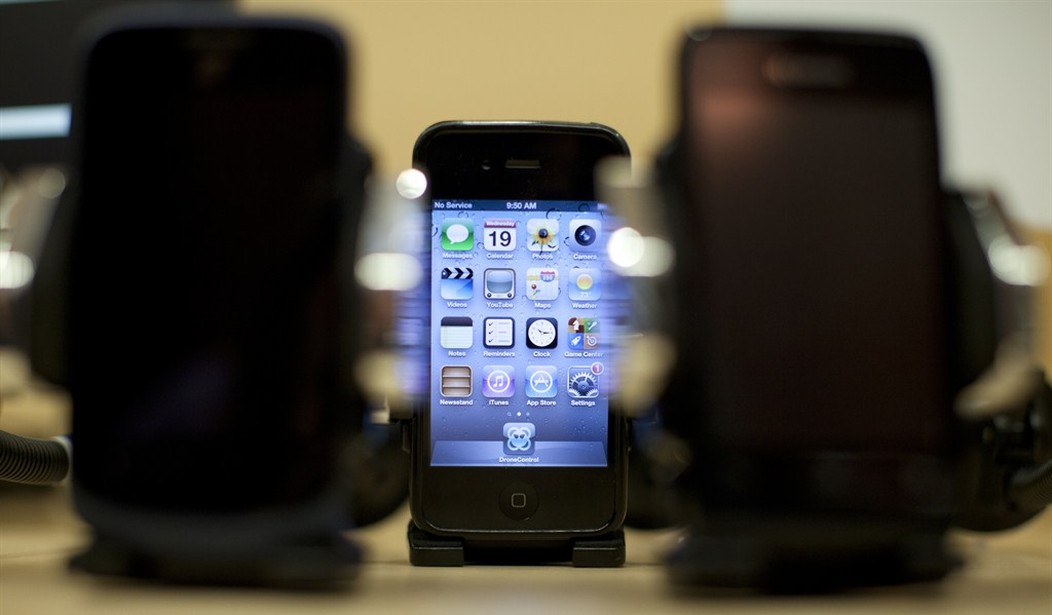America is known as “The Land of the Free,” but with the world’s highest prison population where more than 12-million arrests were made in 2012 alone, the statement’s accuracy is open to question. According to the Wall Street Journal, more than half of American men will be arrested at least once in their lifetime, and a 2011 study reported by TIME suggests that one out of three young adults will be arrested at least once by the time they turn 23.
In an “arrest-first-ask-questions-later” system, innocent citizens routinely find themselves in front of a mug shot camera -- and as the Institute for Justice routinely notes, have their assets seized -- even if charges are never filed. These scenarios create problems that can haunt a person for years, if not a lifetime. It is, for example, extremely difficult (bordering on impossible) in many states to fully clear arrest records even if formal charges were never filed. Compounding the problem is an increasing number of jurisdictions in which DNA samples are gathered (and data-based) from persons who are simply arrested.
It is axiomatic that, no matter how much power government has, it inevitably seeks more. A perfect example are two companion cases argued yesterday before the U.S. Supreme Court, in which the High Court will soon decide whether police officers have the right to search without warrant the cell phones and other personal electronic devices seized from arrested individuals.
Government advocates argue that the same power granted to police officers to search the persons of arrested individuals to protect either the officers’ safety or to prevent evidence from being destroyed, should apply equally to cell phones. However, as privacy activists correctly counter, this opens the door to wholesale abuse of the Fourth Amendment rights of innocent civilians caught in the jaws of a zealous criminal justice system.
Recommended
The power to search cell phones and other electronic devices without warrant or reasonable suspicion already is asserted by the federal government at border crossings; a power that on its own raises a number of red flags. However, police now are demanding similar authority with anybody they arrest, for any reason. Moreover, unlike at the U.S. border where America’s national security interests are of legitimate concern (though not so much as to permit the government to ignore the Constitution), no such argument can be made in the day-to-day operation of local and state police, when people are arrested for every manner of alleged offense, from improper lane changes to drug trafficking.
When the decisions were made years ago to permit police to search an arrested individual for immediate evidence at risk or to prevent harm to the arresting officer, smart phones (which contain extensive and detailed information including photos, conversations, physical location, and financial records) did not exist. Extending that same power to search to today’s electronic devices is, as the San Jose Mercury News notes, “equivalent to letting [police] search their entire home for all of [a suspect’s] personal financial and medical records,” which far exceeds any search deemed reasonably incident to arrest searches.
Nobody is arguing police should be prohibited from accessing evidence that can be used to prosecute criminals. Privacy advocates and constitutional scholars merely assert that police must use warrants to obtain this information. “Looking through the phone’s contents requires its own legal justification,” Cato legal scholar Jim Harper wrote about the case, “and, given the massive amounts of personal and private information on a cell phone, that search for additional evidence will typically require a warrant.”
Considering the government’s enthusiasm for harvesting and storing as much personal information on as many people as possible, it is not out of the realm of possibility that law enforcement tools will be developed to easily download the entire contents of a phone into a database, to be used at their convenience anytime in the future. In fact, such capability already is within government’s toolbox.
As Harper notes, yesterday’s cases are the Court’s first real opportunity it has taken to finally bring outdated search and seizure laws relating to cell phone access into the 21st century. Where the High Court will come down on this crucial issue is not clear. It should be hoped, however, the Court will extend Fourth Amendment protections to citizens; and at least somewhat curtail the government’s insatiable appetite to use digital technology to gather, store and manipulate private information gleaned from personal cell phones and other personal electronic devices that happen to be in a person’s possession when they have the misfortune of simply being detained for some reason.

























Join the conversation as a VIP Member